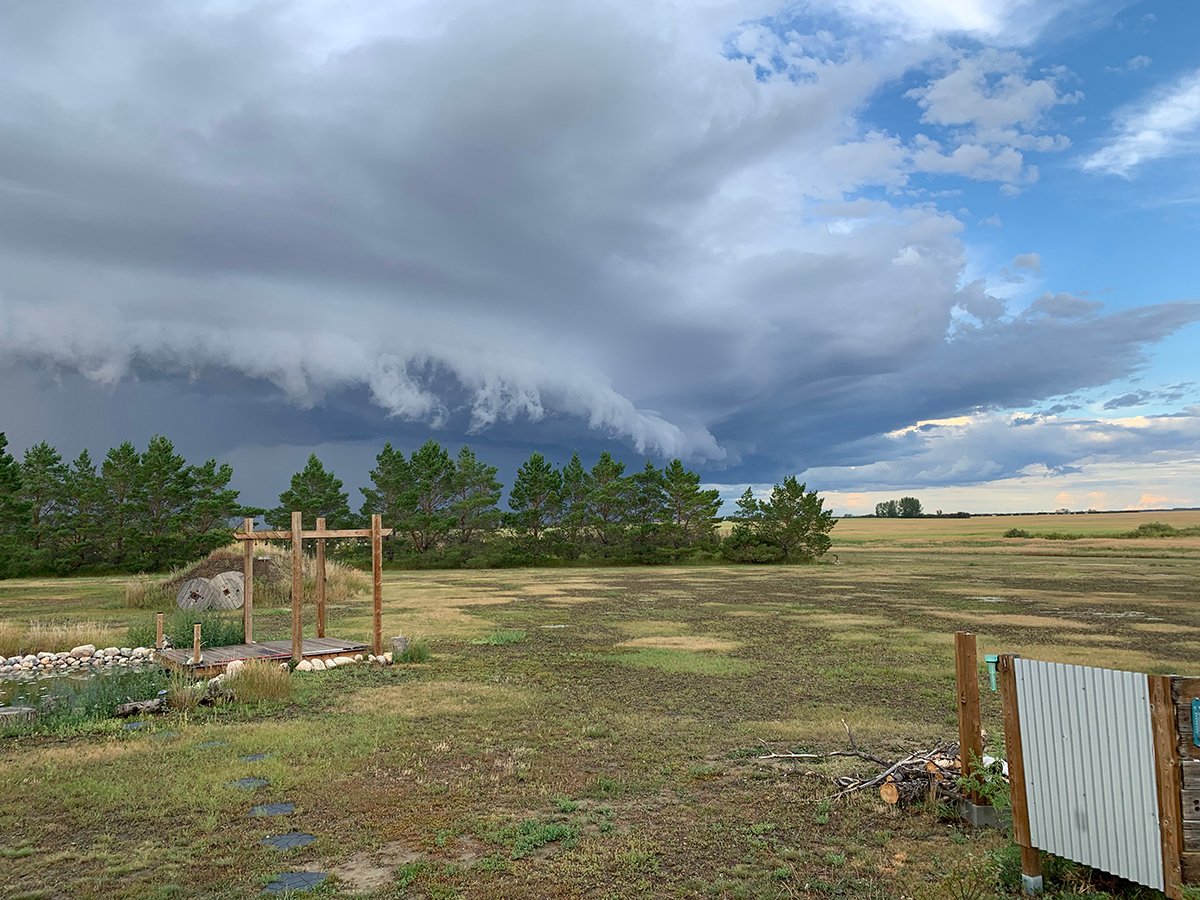SAN FRANCISCO, Calif. – Canada has barred California poultry and its products for the first two weeks in January because of exotic Newcastle disease, marking the latest export ban in an outbreak that threatens the state’s $3 billion US industry, officials said.
The disease, which is fatal for birds but harmless to humans, had already spurred Mexico to enact a similar ban soon after it was discovered in September, said Larry Hawkins, an official with the state’s agriculture department. Mexico is California’s largest export market for poultry but Canada does not import a significant amount.
Read Also

Storm dynamics and extreme rainfall
Besides moisture, instability and orographic lift, the next biggest factor that contributes to heavy or extreme rainfall is storm dynamics.
The disease, which originally hit backyard chickens over three months ago, has spread to commercial flocks for the first time in the United States since 1974, Hawkins said.
So far, more than one million birds have been destroyed in the U.S.’s seventh largest poultry-producing state due to the outbreak.
A number of other countries and territories have also banned all or some poultry products from California and some have halted a range of imports from the U.S. because of the virus. These include China, the Philippines, Guam, Argentina, Japan, Taiwan, the European Union and Korea.
Canadian officials banned the import of live birds from California in October after the initial outbreak, said Claude Lavigne, associate executive director of animal products with the Canadian Food Inspection Agency.
But when the disease was detected in a commercial operation with 105,000 laying hens, Canada extended the ban to all products such as poultry meat and eggs, Lavigne said.
“The strain that they have right now, it’s extremely virulent and it kills birds – they die like flies – and it’s relatively easy to transmit from one barn or from one flock to another,” Lavigne said.
Bill Mattos, president of the California Poultry Federation, said his group wants the ban to include only the southern California counties where chickens have contracted the disease. The main concern now is making sure the disease does not spread to the central part of the state, which is home to the majority of the state’s poultry producers, he said.
“This is a regionalized problem to southern California,” Mattos said. “Northern California should be allowed to ship.”
Exotic Newcastle disease is one of the most infectious poultry diseases in the world and so virulent that many birds die without showing signs of infection, according to the U.S. Department of Agriculture.
The virus also spurred the Los Angeles Zoo to close down two walk-through aviaries, eliminate contact between birds and visitors, and round up peacocks that range freely throughout the grounds. The San Diego Zoo and the San Diego Wild Animal Park have taken similar precautions to protect their birds.
In 1971, a major outbreak in southern California spurred officials to order the destruction of 12 million birds, and it cost $56 million to eradicate the disease over a three-year period.














